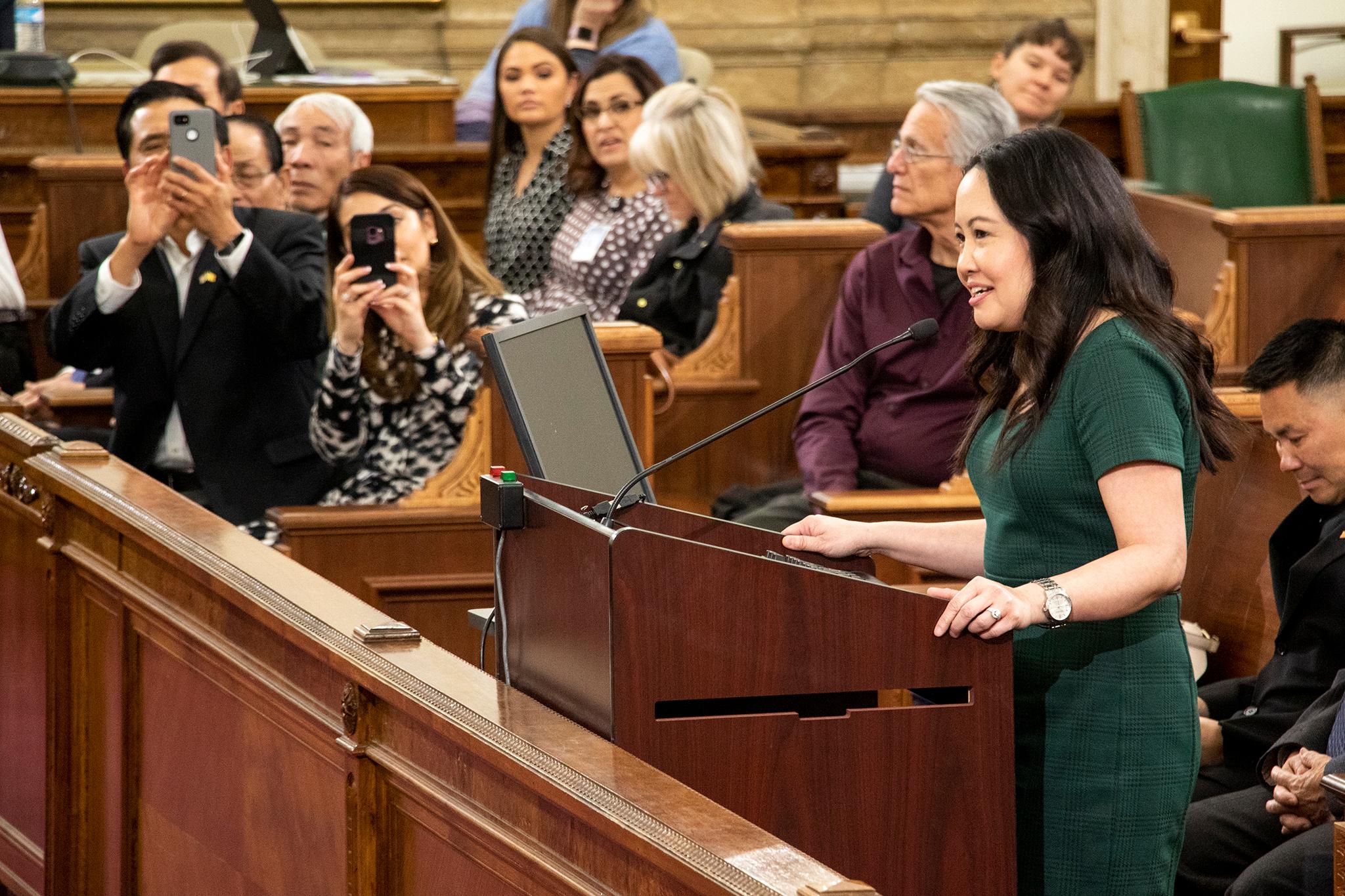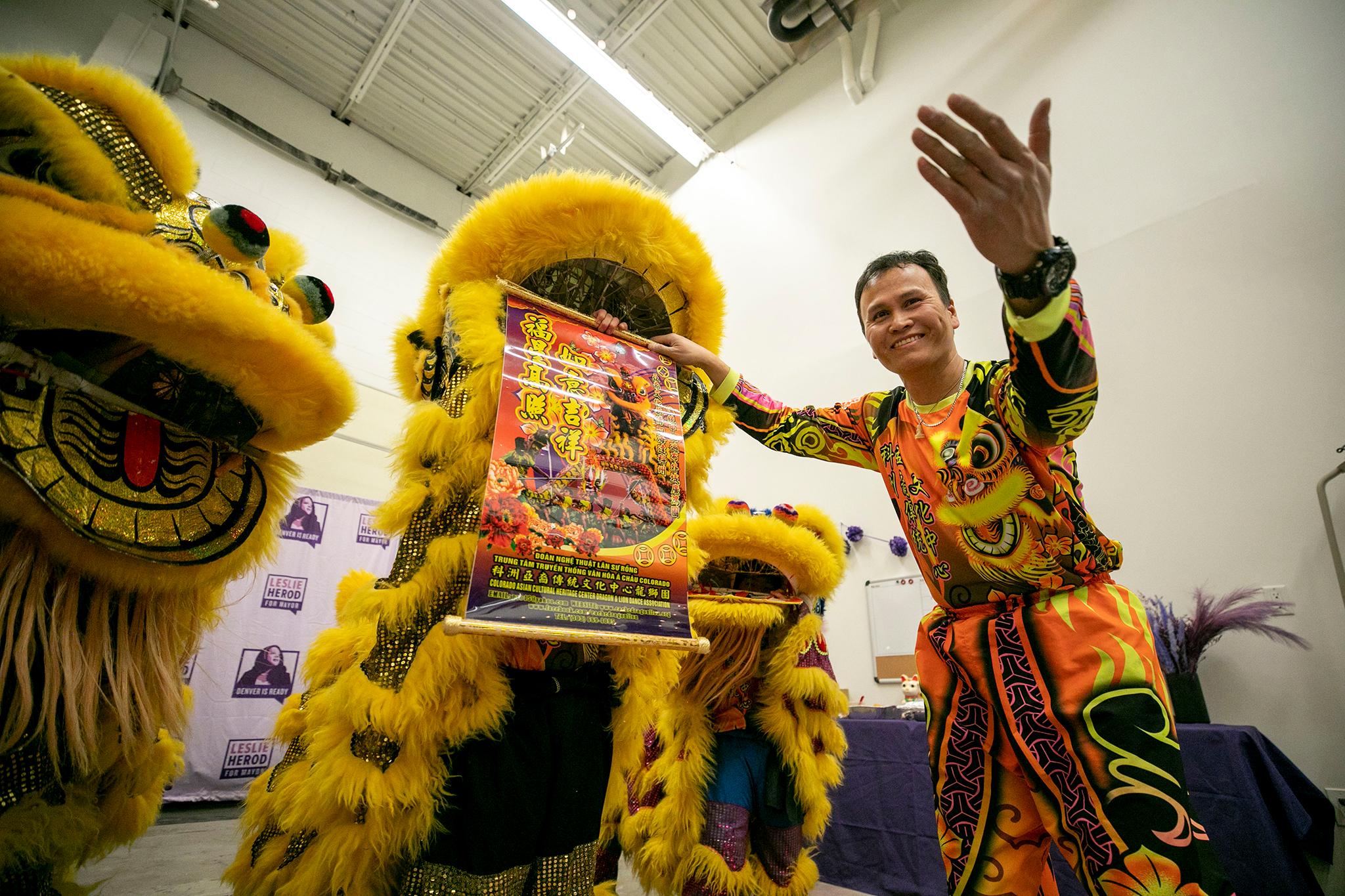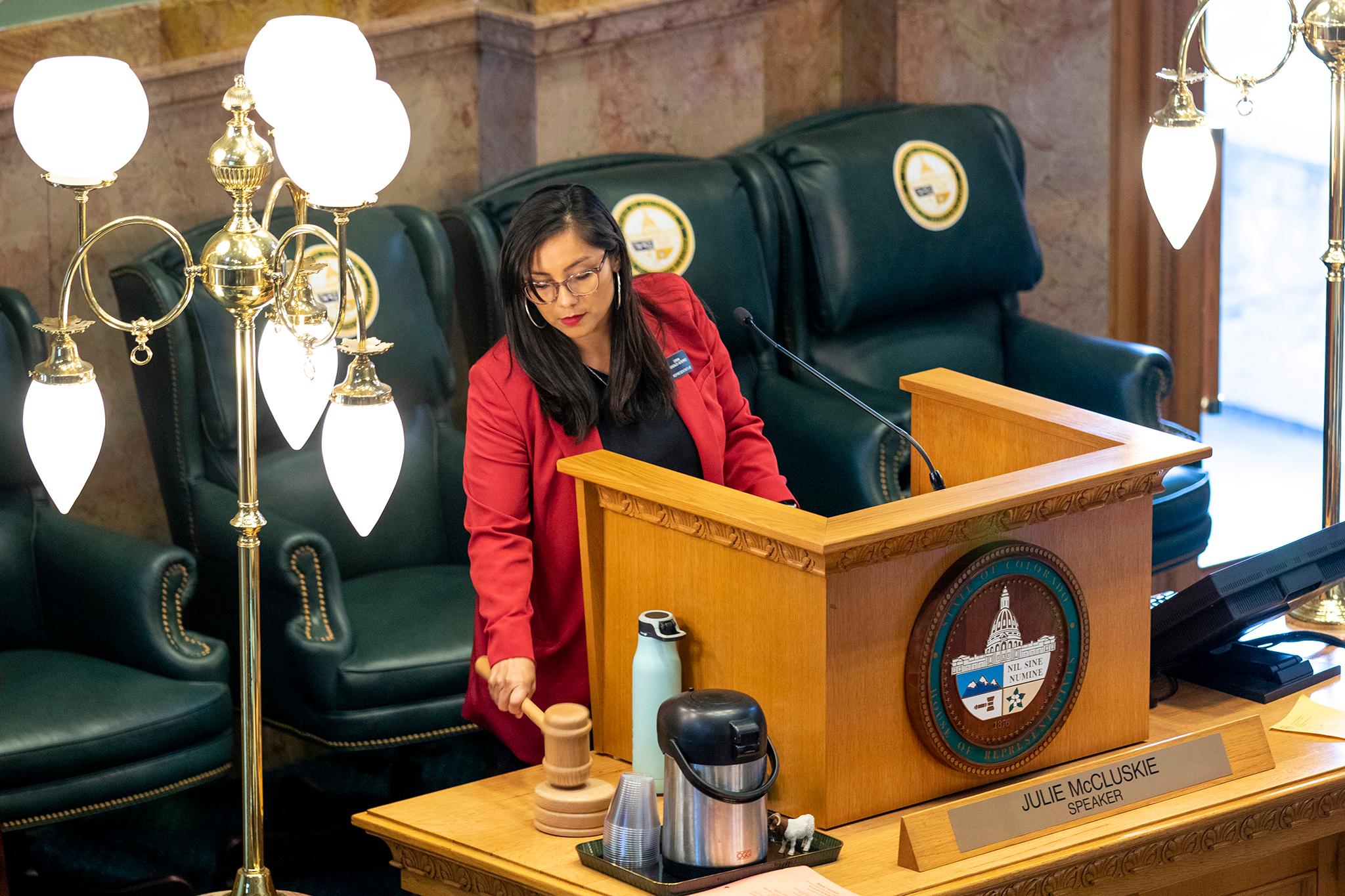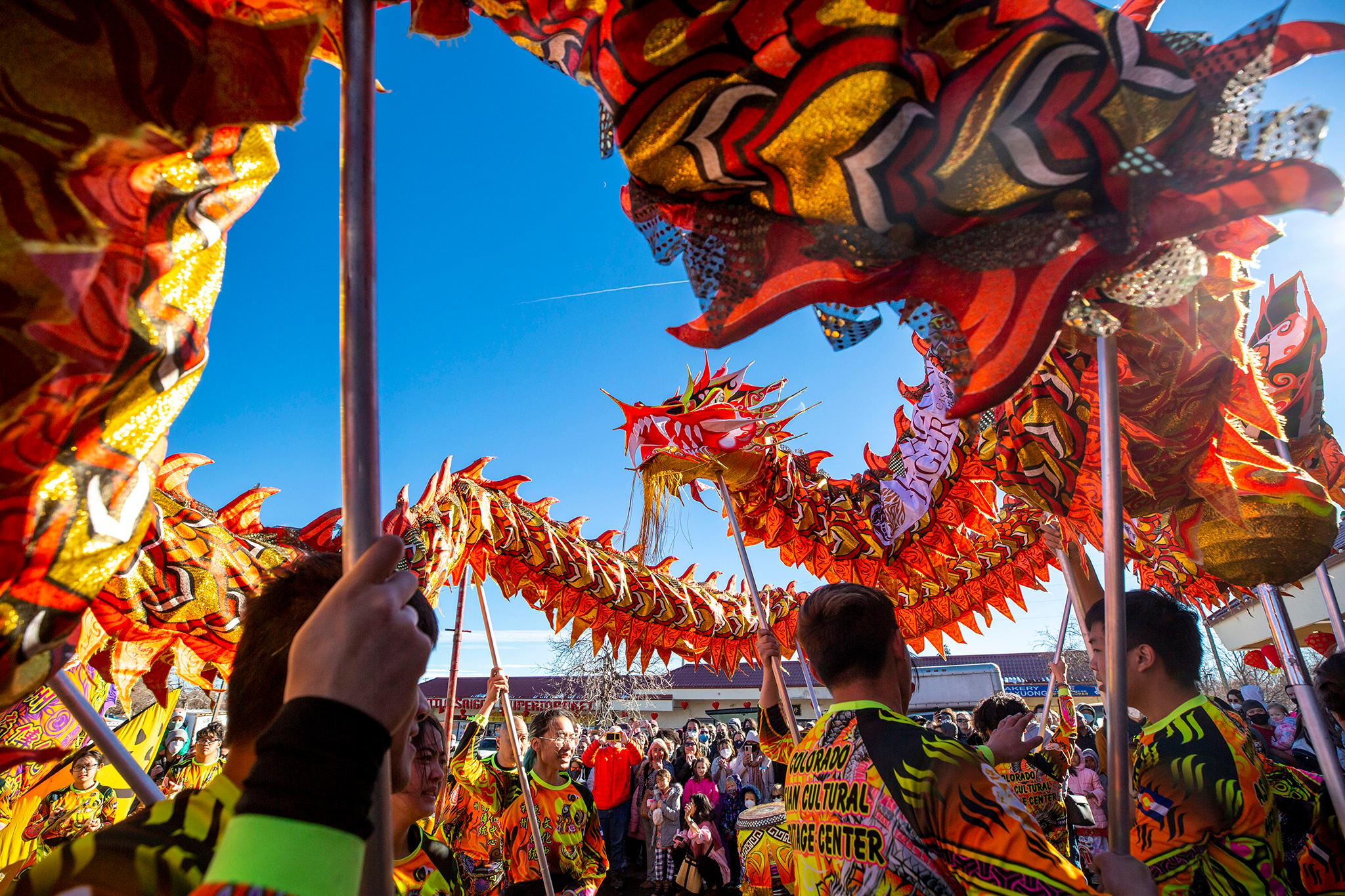On Tuesday, Colorado's Senate put the final legislative seal of approval on a bill that will make Lunar New Year a state holiday. The measure heads now to Gov. Polis' desk; so long as he doesn't veto it, the Senate's vote means community advocates from Denver have succeeded in their quest for official recognition.
But a veto isn't likely. State Representative (and incoming Denver at-large City Council member) Serena Gonzales-Gutierrez, a sponsor of the bill, said this process was different than other measures she's worked on in one distinct way: "There was no opposition."
Community members are waiting to hear when Polis puts pen to paper so they can throw a celebration.
Nga Vương-Sandoval came to the Unites States from Vietnam as a refugee after America's failed war there. She's been in Denver since she was a 6-year-old, and she's led efforts to bolster representation of Denver's Vietnamese community and refugees at large.
As part of the Lunar New Year Allies Advisory Group, she approached Gonzales-Gutierrez about the holiday designation, and said she's thrilled the measure made its way to Polis' desk so quickly.
"It's long overdue. It's something I wanted to do for a very long time, and I believe the timing right now is perfect," she said. "It's just right."

One reason the timing is good: Denver has responded to calls she and others have made to recognize Vietnamese and other Asian communities. The stretch of Federal Boulevard between Alameda and Mississippi avenues has grown into the Little Saigon business district, though a formal Business Improvement District has eluded stakeholders since the pandemic interrupted their effort.
The second reason is also related to the pandemic: Hate crimes against Asian American and Pacific Islander communities ticked up during 2020 as President Trump blamed China for the virus.
Making Lunar New Year official is a way to fight back against that hate, Vương-Sandoval said.
"It shows that we are part of the fabric of the community," she said. "We wanted to solidify that."
The only tricky part: When to actually set a date.
Lunar New Year is celebrated across southeast Asian communities with food and gifts and, sometimes, lion dancers. As its name suggests, the exact timing is based on the moon's cycle, which means there is no set date for its start each year. That, Vương-Sandoval said, made things a little complicated when it came to codifying the holiday.
They decided Colorado should make its official observance on the first Friday in February, a day that will almost certainly fall within the celebration window. It will be an "observed," rather than a "fiscal" holiday, which means the state and employers aren't required to stop business when it comes around.

It might seem predicable that there was nothing else in the way of this bill's passage, but things could have been harder in another era. For years, former state legislator Wilma Webb tried and failed to make Martin Luther King Jr. Day an official state holiday. After she succeeded, the annual celebration was interrupted by white supremacists.
Gonzales-Gutierrez said that her colleague, Rep. Elisabeth Epps, recognized that history as this bill made its way through committee.
"She talked about that. She talked about how she didn't want this community to wait, like they had to wait, to be able to honor their culture and traditions," Gonzales-Gutierrez said. "There is still room to make sure that we are honoring the many different cultures and communities that exist in our state."

Vương-Sandoval said she's looking forward to some sort of public celebration, complete with food and entertainment, once the bill becomes law. As a kid, she remembers Lunar New Year gatherings happening exclusively behind closed doors; it's a big deal that the holiday has expanded into city streets and onto the state's calendar, she said.
"This is the crux. This is the heart of our community," she said. "It's such an important step that sends an important message of inclusion."













